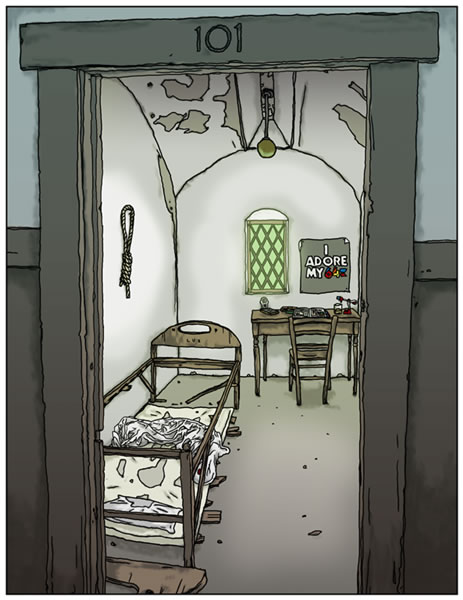One night in the late spring of 1978, two young women broke into the registrar’s office at Hamilton College. Their mission was simple: to remove their academic records, along with all other evidence that they had ever had anything to do with Hamilton. They were members of the last class to receive diplomas from Kirkland College, which was about to be swallowed whole by Hamilton, the college across the street. The Kirkland College board of trustees, with a figurative fiscal gun to their head held by the Hamilton board, had reluctantly, in a split decision, agreed to the merger. But the students never agreed and as far as some of them were concerned Hamilton had no more rights to their records than did the man in the moon.
Below the fold, some commentary on Kirkland College president Samuel Fisher Babbitt’s Limited Engagement part of a my very occasional series of reviews of self-published books.




